
Matthew M. Reeve FSA FRHistS
Professor and Queen's National Scholar
Department of Art History and Art Conservation
I am available for consultation in person in my advertised office hours: Ontario Hall.
Research Interests
My current research interests include medieval art, architecture and aesthetics, episodes of medievalism in Western art, British art in general, Canadian art and especially architecture, relationships between architecture, the decorative arts and the history of sexuality, and the historiography and theory of art history.
Biography
My career has long straddled North America and Europe. Beginning at the University of Toronto, I moved to do my graduate work at Cambridge University. Before coming to Queen's as Associate Professor and Queen's National Scholar, I held a permanent post at the University of London. I work closely with a number of learned societies on both sides of the Atlantic, and I am regularly asked to review, critique, and adjudicate scholarship in a variety of fields. I have held fellowships from SSHRC, the Paul Mellon Centre, the Yale Centre for British Art, the Lewis Walpole Library, and other venues.
Working on art in all media, I have published widely on medieval art, including a monograph Thirteenth-Century Wall Painting of Salisbury Cathedral: Art, Liturgy and Reform (Boydell 2008), Reading Gothic Architecture (Brepols 2008) and Tributes to Pierre du Prey: Architecture and the Classical Tradition (Harvey Miller 2014). A second area of interest has been the afterlife of medieval forms and ideas in the art and literature of modernity (i.e. medievalism). My recent book, Gothic Architecture and Sexuality in the Circle of Horace Walpole, was published by Penn State in 2020 and won the Historians of British Art Book Prize in 2021. A second book (with Michael Windover), Casa Loma: Medievalism, Modernity and Millionaires in Toronto's Gilded Age, was funded by a four-year Insight Grant from the SSHRC and was published in 2023 with McGill-Queen's University Press.
I am currently working on a number of different projects. Funded by a CFI grant (with Norman Vorano), I am the co-founder of MobArch: Queen’s University’s Mobile Laboratory for the Study of the Built Environment which employs LIDAR scanning and other technologies to record and conserve buildings and landscapes under threat of demolition, neglect, and climate change. Second, I am now completing a monograph on the extraordinary Gothic sculpture of Wells Cathedral between c. 1170-1270 and its place in European art. A long-range project, Gothic art, Colonization and Spirituality in Wales c. 1170-1540, considers the remarkable flourishing of art and architecture in medieval Wales vis-à-vis the process of colonization before and after the loss of independence in 1284 (supported by a five-year grant from SSHRC). A second, long-range project explores the Virgin Mary in British medieval art, her miraculous interventions, buildings and images. New essays from all of these projects are now in press.
Books
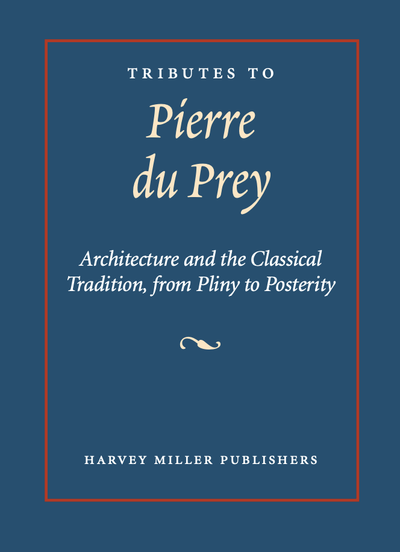
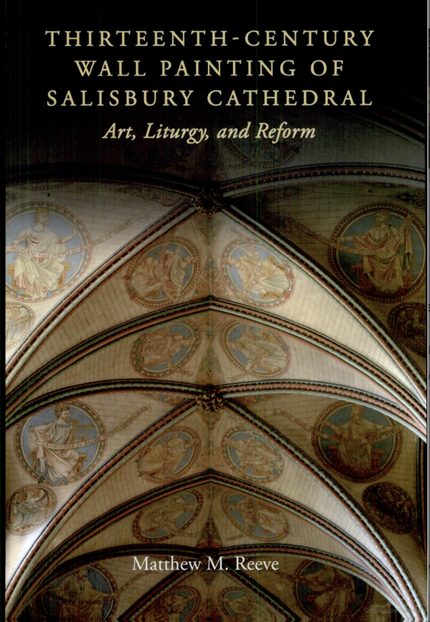
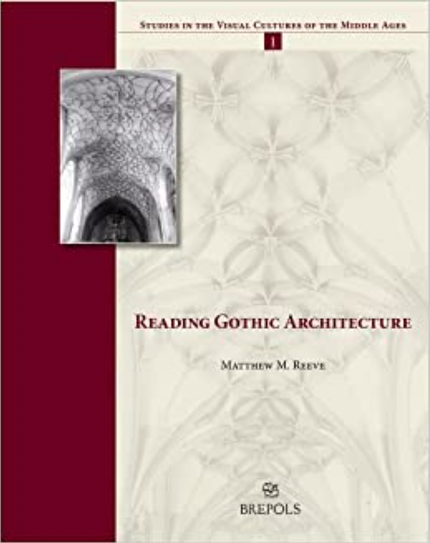
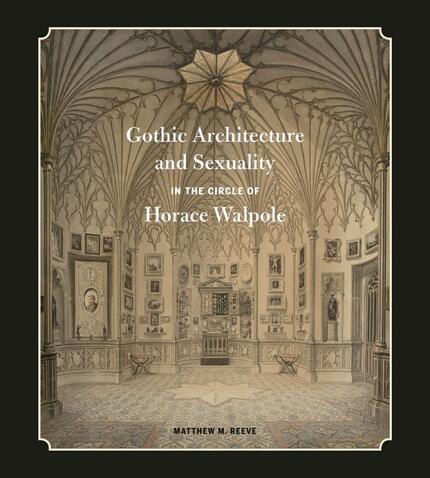
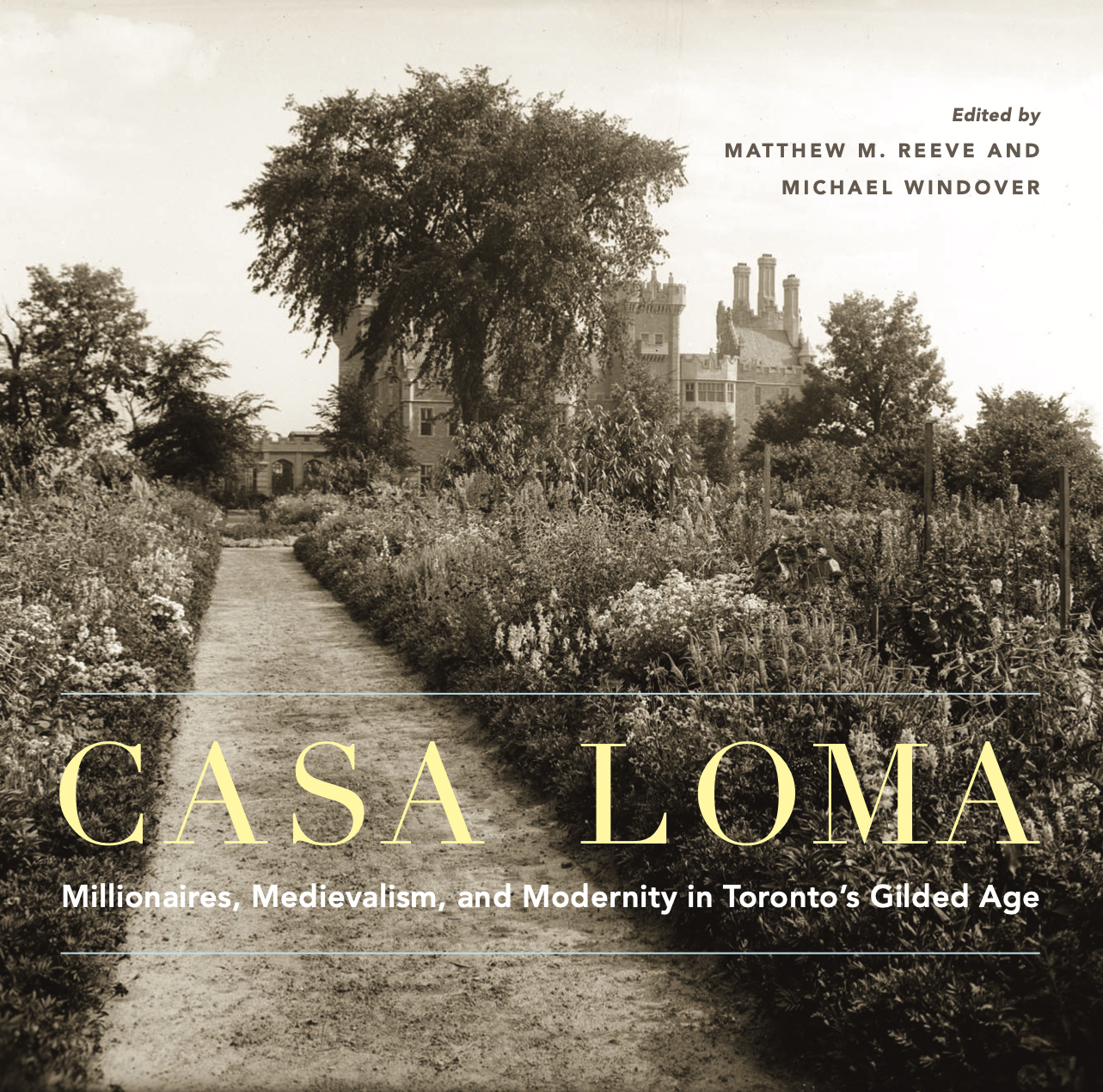
Select Recent and Forthcoming Work
"Horace Walpole’s Crypto-Catholicism”, The Mysterious Mother, eds. Cynthia Roman and Jill Mann, New Haven and London: Yale University Press, 2023, 62-76.
An Epithalamium in Stone: The West Facade of Wells Cathedral. Journal of the British Archaeological Association, 175, pp. 149-182 (2022).
Wall Painting and Sacred Space in Medieval Churches, in The Cambridge Guide to the Architecture of Christianity, Volume I, ed. Stephen Murray, Cambridge 2022, 549-60.
The Public Setting: furniture of the Great Church and the aristocratic household, in A Cultural History of Furniture: the Middle Ages and Renaissance, ed. Erin J. Campbell, London: Bloomsbury, forthcoming.
Fragments from Wisdom's House: The Lady chapel Juxta Claustrum at Wells Cathedral, Medieval Gothic: Art, Architecture and Ideas. Tributes to Paul Binski, ed. Julian Luxford, Brepols 2021, 186-197.
Canadian Gothic: Empire, medievalism, and modernity at Sir Henry Pellatt's Casa Loma, A Medieval Legacy: The ongoing life of forms in the built environment. Essays in honour of Professor Malcolm Thurlby, ed. Jessica Mace, Montreal, 2020, 351-72.
Living in the New, New Middle Ages, The Rambling (2018)
The Hereford Screen: A Prehistory, British Art Studies 5 (2017)
Michael Camille's Queer Middle Ages, The Routledge Companion to Medieval Iconography, ed Colum Hourihane, Abingdon and London 2017, 154-72.
A child of Strawberry: Thomas Barrett and Lee Priory, Kent (with Peter Lindfield-Ott), Burlington Magazine, CLVII (2015), 836-42.
A Gothic Vatican of Greece and Rome': Horace Walpole, Strawberry Hill, and the Narratives of Gothic, Tributes to Pierre du Prey: Architecture and the Classical Tradition, from Pliny to Posterity, ed. Matthew M Reeve, New York and London: Harvey Miller 2014, 185-210.
Gothic Architecture, Sexuality and License at Horace Walpole's Strawberry Hill, Art Bulletin XCV (Sept 2013), 411-39.
Dickie Bateman and the Gothicization of Old Windsor: Architecture and Sexuality in the Circle of Horace Walpole, Architectural History 56 (2013), 99-133.
Of Druids, the Gothic, and the Origins of Architecture: the Garden Designs of William Stukeley, British Art Journal (December 2012), XIII: 3, 9-18.
Gothic, Studies in Iconography, (a special issue entitled Medieval Art History Today – Critical Terms, ed by Nina Rowe and Colum Hourihane) 33 (2012), 233-46.
Gothic Architecture and the Civilizing Process: The Great Hall in Thirteenth Century England, New Directions in Medieval Architectural History, eds. Abby McGehee, Rob Bork, and William Clark, Aldershot and New York: Ashgate, 2011, 93-112.
The Capital Sculpture of Wells Cathedral: Patrons, Masons, and the Margins of English Gothic Architecture, Journal of the British Archaeological Association, 163 (2010), 72-109.
The Painted Chamber at Westminster, Edward I, and the Crusade, Viator 37 (2006), 189-221.